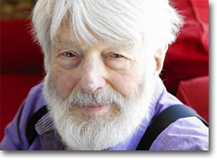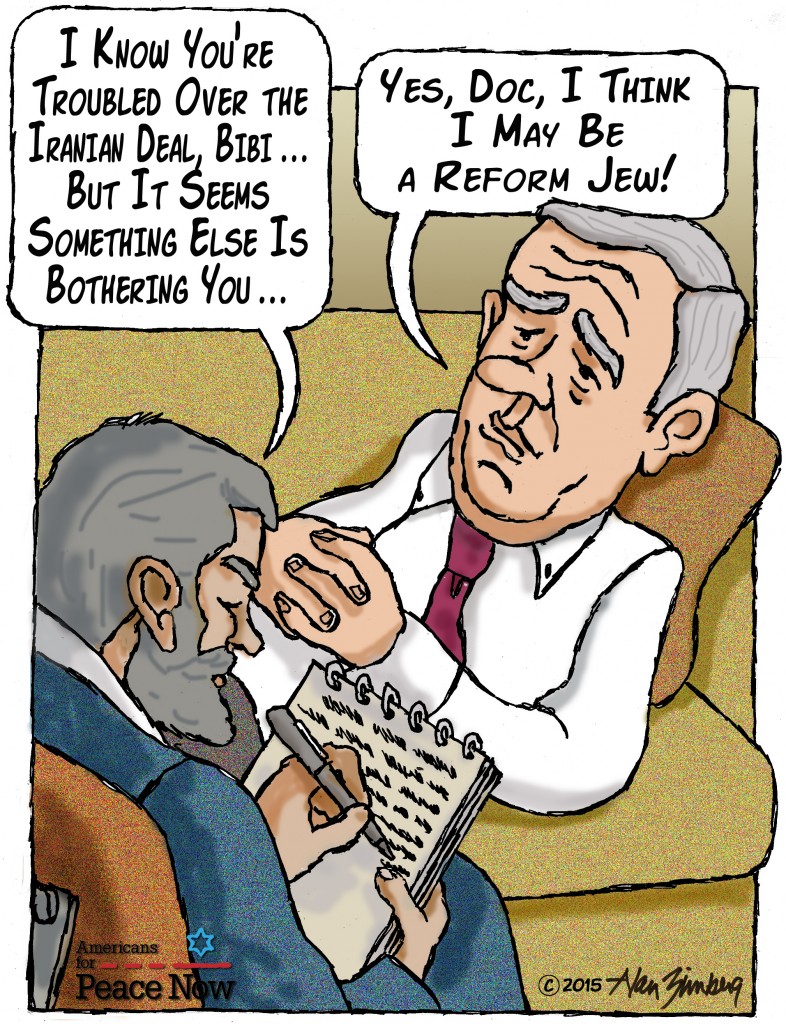The sub-committee for settlements of the higher planning committee of the military’s Civil Administration met
yesterday to discuss 15 plans, at various planning stages and in different settlements. In total, the committee
discussed plans that regard 1,065 housing units. Of these housing units, the plan approved 541 new housing units,
retroactively legalized 228 existing housing units, and approved the development of infrastructure for a plan that
consists of 296 housing units, while further approval will be needed before construction of the housing units can
begin.
APN's daily news review from Israel
Thursday July 23, 2015
Quote of the day:
"It was worth it."
--Response by two far right-wing activists to their sentence for setting fire to Yad B'Yad Jewish-Arab school
in Jerusalem.**
We mourn the passing of APN friend Theodore Bikel.

The world renowned stage and film actor and singer was also a leading peace activist for Israel, and was currently serving as Chairman of the Board of Partners for Progressive Israel. He publicly refused to perform in Israeli settlements, and in 2010 led a settlement boycott effort by 120 artists which he wrote about in the Huffington Post's "Legitimizing an Obstacle to Peace"
-- Arab MK Jamal Zahalka (Joint List) asks a question during a stormy Knesset debate over harsher sentences for (Palestinian) stone-thowers.
As we all know, a picture is worth a thousand words. This is our aim: to make people think and to act for peace.
This week, we bring you a new cartoon, asking what troubles the Prime Minister most: “Existential Threat”

--Haaretz writes about how an article in The Onion about US compensation to Israel for the Iran nuclear deal became reality.
 Rabbi Seth Goldstein has served as the rabbi of Temple Beth Hatfiloh in Olympia, WA since 2003,
after graduating from the Reconstructionist Rabbinical College in Philadelphia. He is a member of the board of
the Reconstructionist Rabbinical Association, served as a co-chair of an RRA task force examining issues of
Jewish status and identity, is a participant in the Clergy Leadership Program of the Institute for Jewish
Spirituality and a fellow of CLAL's Rabbis Without Borders.
Rabbi Seth Goldstein has served as the rabbi of Temple Beth Hatfiloh in Olympia, WA since 2003,
after graduating from the Reconstructionist Rabbinical College in Philadelphia. He is a member of the board of
the Reconstructionist Rabbinical Association, served as a co-chair of an RRA task force examining issues of
Jewish status and identity, is a participant in the Clergy Leadership Program of the Institute for Jewish
Spirituality and a fellow of CLAL's Rabbis Without Borders.
Tisha B’Av (“the ninth of Av”) is a day of fasting and mourning for the destruction of the ancient Temples in Jerusalem, and is observed this year beginning the evening of July 25. Like Yom Kippur, it is a full day fast (The fast is being observed on the 10th of Av this year because the 9th falls on Shabbat, and thus the fast is postponed.)
The Temple holds an important place in the collective spiritual consciousness of the Jewish people. It is seen as the place where the community was in deep and close connection to God. The destruction of the Temple led to the separation from the land, the dispersion of the community and a need to rebuild the ritual infrastructure of Judaism, so its loss is remembered as a great tragedy. In addition to setting aside this one day to mourn, prayers for the rebuilding of the Temple and Jerusalem punctuate our liturgy.
Positive Energy
By Ariela Ringel Hoffman
Published July 17, 2015, in Yediot Ahronoth (Hebrew edition), translation by Israel News Today (INT)
The reactions were as expected: at press conferences brimming with satisfaction in the six signatory countries, particularly in the US, which spearheaded the effort, the agreement that was signed with Iran was dubbed “historic,” in the Iranian Republic people danced in the streets, made the V sign, sung songs of praise to “dear Zarif and beloved Rouhani,” while in Israel, one after the other, top officials from the security establishment faced the microphones to explain how bad the agreement is, how great the danger.
However, it turns out that there are a number of Israeli experts who think otherwise and who are also willing to say so. They are aware of the weak points of the agreement, the negative developments that it enables, but on the other hand, they point out the advantages of the new situation that has been created and the potential for positive change.
Before Making a Rush at Washington
Oped by Efraim Halevy
Published July 19, 2015 in Yedioth Ahronoth, p. 28 (Hebrew edition), translation by Israel News Today (INT)
The importance of the agreement drawn up in Vienna does not lie only in the detailed arrangements that are designed to block Iran’s path to a military nuclear [weapon] in the coming decade, but also—and no less importantly—in the fact that Russia and China have signed the document. This is a rare moment in the complex relationship between the US and Tehran’s two close friends and its main arms suppliers. It was not only Iran that made concessions in the tough negotiations that were conducted until the last moment. Moscow and Beijing also committed themselves [to the agreement].
This week, Alpher sums up the Iran nuclear deal, discussing additional pros and cons for Israel; the most important criterion for Israel in addressing the Iran nuclear agreement; what should be on the agenda for Israeli-American talks regarding security assurances; and given the discussed rationales for Israel to line up behind the Iran deal, what still concerns him about the deal and its aftermath.

